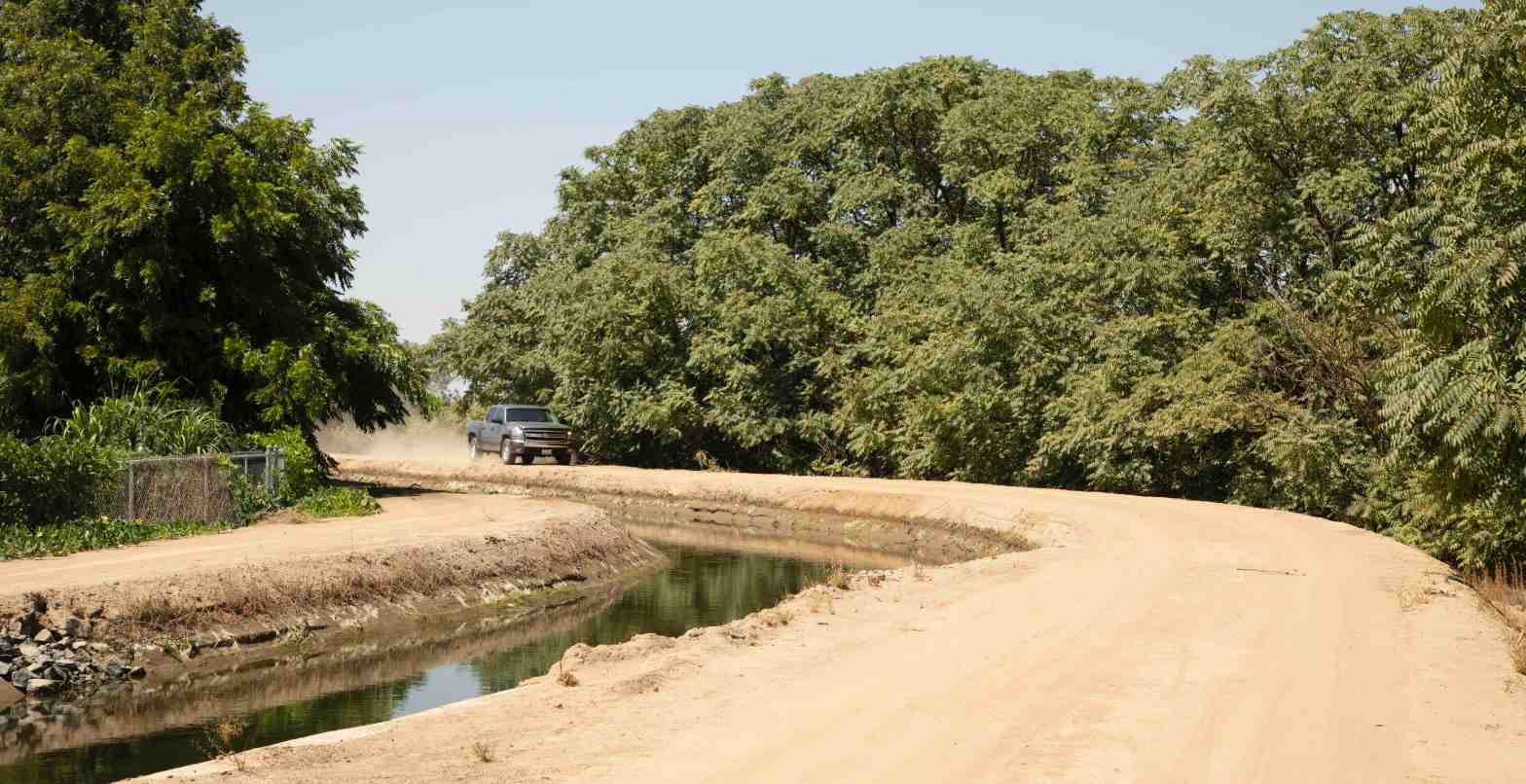Bakersfield.com
OTHER VOICES: Delivering dollars for Central Valley water
August 15, 2020
Water is the lifeblood of our region and there are immense challenges to providing and maintaining a reliable and resilient water supply for both farms and communities in the Central Valley. As your congressional representatives, we’ve been working together to bring resources back home to address our collective needs. Recently, the House of Representatives passed legislation as part of the annual funding process that would provide over $390 million for water projects, including what would be the largest federal investment in water conveyance infrastructure in the San Joaquin Valley in 50 years.
America’s food supply depends on hardworking farmworker communities throughout the Central Valley, yet many of these same communities don’t even have safe or reliable drinking water from their taps. The House-passed funding bill proposes over $5 billion for improvements to drinking water systems nationwide, more than a four-fold increase over last year, rejecting cuts proposed by the Trump Administration. Together, your valley representatives secured robust funding for programs supporting rural and disadvantaged communities, making funds available to address drinking water needs in the valley.
Last month, the House passed the Moving Forward Act — a historic $1.5 trillion bill to rebuild our nation’s infrastructure and get people back to work. In this bill, we secured important water wins creating a foundation for economic growth for our farmers, environmental stewardship and community development. The bill incorporates our Move Water Now Act authorizing $200 million for canal repairs, and includes provisions from our SAVE Water Resources Act, including an increase in water recycling funds from $50 to $500 million and ensures the Bureau of Reclamation helps our farmers identify the most ideal sites for groundwater storage and recharge throughout the valley.
The legislation also includes our Disadvantaged Community Drinking Water Assistance Act, authorizing $100 million in grants to fund drinking water solutions for those communities that don’t qualify for existing means of federal support. The House also passed our bill to authorize funding for the first time to eradicate nutria in California, preventing this invasive species from destroying our water infrastructure, wetlands, crops and native wildlife.
We all know we need more water storage and between last year’s bill and this year’s House-passed bill, we’ve secured over $237 million for new storage projects. These dollars will help fund projects including the Del Puerto Canyon and Sites Reservoir projects and the expansion of Los Vaqueros and Pacheco Reservoirs. Once complete, these projects will provide up to 2.2 million acre-feet of additional water storage capacity.
Bringing our groundwater supply into balance under California’s Sustainable Groundwater Management Act (SGMA) is something we must do. To minimize the economic impacts of SGMA on the Valley, it is vital we invest in regional conveyance systems to deliver surface water to recharge underground aquifers, in years when it’s available. In order to expedite this effort, we secured $225 million in this year’s House-passed funding bill to repair critical Bureau of Reclamation canals, such as Friant-Kern and Delta-Mendota, where subsidence has reduced these aqueduct’s carrying capacity by 60 percent and 15 percent, respectively. This is in addition to our successful push to convince our Democratic colleagues to
work with the Trump Administration to provide $74 million to mitigate subsidence along the Friant-Kern and Delta-Mendota Canals.
More storage and conveyance capacity are critical pieces of an all-of-the-above approach that’s needed to meet the valley’s future water needs. The better use of data and technology is key to continually improve water management. That is why we will soon introduce the Snow Water Supply Forecasting Program Authorization Act, establishing a program to improve management and deployment of snowpack measurement technologies used for seasonal water forecasting. The House funding bill also supported this program, known as the Aerial Snow Observatory Program and doubled funding for Water Operations and Technical Support. These programs more accurately measure mountain snowpack, predict runoff and improve reservoir management, playing a vital role in drought years when water is the most scarce and every drop counts.
Solving our water challenges requires utilizing every tool in our water toolbox, but we’ve been making real progress. We will keep working to achieve our collective goals of reliable water supply, drought resiliency, healthy rivers and safe drinking water for all of our communities. As your representatives in Washington, D.C., we stand ready to listen, work and deliver for you.
Reps. Jim Costa, T.J. Cox and Josh Harder represent a significant portion of the San Joaquin Valley, including San Joaquin, Stanislaus, Merced, Madera, Fresno, Kings, Tulare and Kern counties. They have worked together the past two years to confront California’s water issues.

